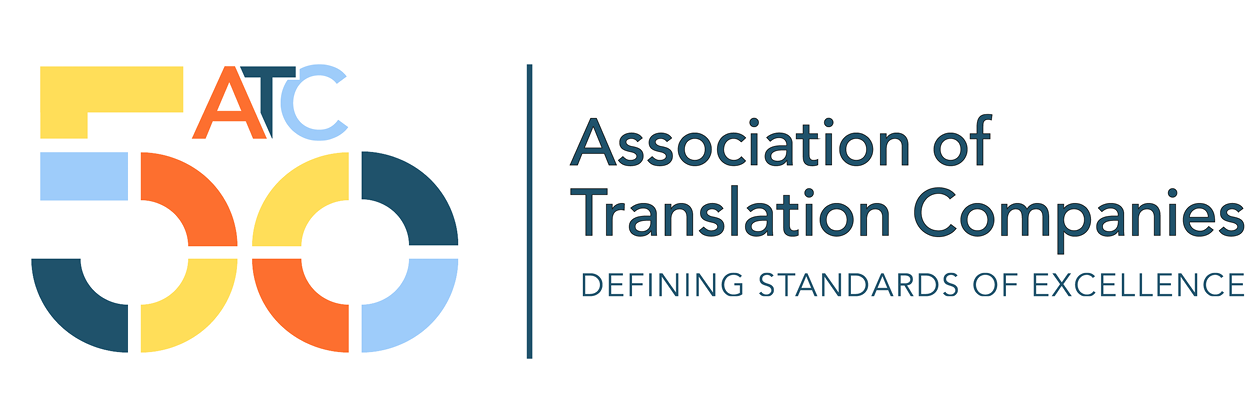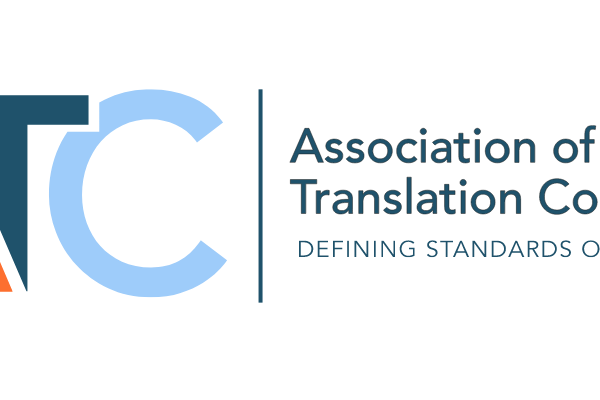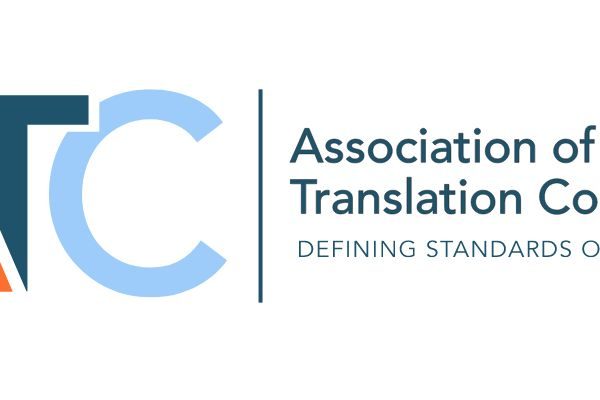Welcome to the ATC ISO Newsletter! In this newsletter, we focus on emerging ISO standards…
By Begoña Rodríguez de Céspedes
The expression “bridging the gap” has been commonplace in any translator training conference in the last few years to describe the attempt to make academic education more attuned to professional realities. Another buzzword used in European academic circles has been employability, understood as the transferable skills that graduates need to access the labour market. Academia and industry are cooperating, and new collaborations are being forged to address this so-called gap (for example ELIA Exchange Network, European Master’s in Translation and EUATC or Lind-Web just to mention some initiatives). However, both worlds are facing challenges. One of them is automation which is defying traditional translation paradigms and practices.
The University of Portsmouth project “When translation meets technologies: Language Service Providers in the digital world” (2016-2019) has analysed the impact of automation in the profession. With the advent of new technologies and machine translation, we ask: who provides what type of training to new professionals? What is the role of universities and LSPs in the linguistic and technological training of future professionals? Although automation and AI are bringing about many unknowns, as an academic, these are the questions that have piqued my interest. Only by looking into the competences that are needed in today’s profession, it can be future-proofed. I have conducted interviews with company managers and have spent time at translation companies in the UK and Spain to try to answer these questions and prepare my students for the future.
Read more about the project here.
So… what can academia do for the profession?
Cooperation between academia and the language industry is crucial, not only because universities provide a pool of suitably qualified linguists but also because academic research can help solve questions that can benefit both worlds. In 2014, the annual Portsmouth translation conference hosted industry and academic members who highlighted the need of universities to include professional practices in the classroom. Back then the teaching of CAT tools at university were called for, they still are but now employers are increasingly asking graduates to be excellent linguists who are both flexible and resilient to changes spurred by automation and the emergence of new workflows. These are indeed skills that can be honed at university.
This year’s conference theme “Inside the Academy: outside the Academy” by the Association of Programmes in Translation and Interpreting Studies (APTIS) is open to academics and professionals and it promises to continue to engage participants in a dialogue for the benefit of translator training and the profession. For information and to register for 23-24 November 2019, visit: https://www.aptis-translation-interpreting.org/2019-2nd-aptis-conference
Publications dealing with the topics above:
Addressing Employability and Enterprise Responsibilities in the Translation Curriculum. The Interpreter and Translator journal. Special Issue. (2017) https://www.tandfonline.com/doi/abs/10.1080/1750399X.2017.1344816
Mind the gap: Language Service Providers’ views on the technological training of professional translators in Nuevas tecnologías, procesos cognitivos y estrategias para la optimización de las competencias del traductor e intérprete. Postigo E.(ed). Berlin: Frank and Timme. (2018)
Translator Education at a Crossroads: the Impact of Automation. Lebende Sprachen. 64 (1). (2019)
DOI: https://doi.org/10.1515/les-2019-0005
Begoña Rodríguez de Céspedes is a Senior Lecturer, Senior Fellow of the Higher Education Academy and Course Leader of the MA Translation Studies at the University of Portsmouth. Begoña is an executive committee member of the Association of Programmes in Translation and Interpreting Studies (APTIS) UK and Ireland and has recently been elected representative for Translation & Interpreting on UCML’s (University Council of Modern Languages) executive committee.


